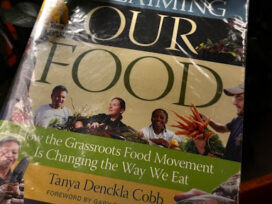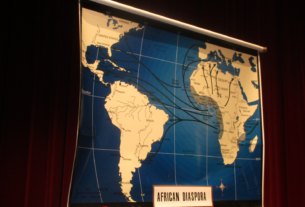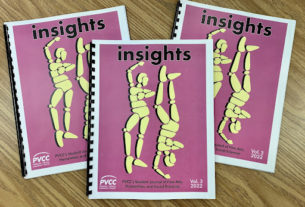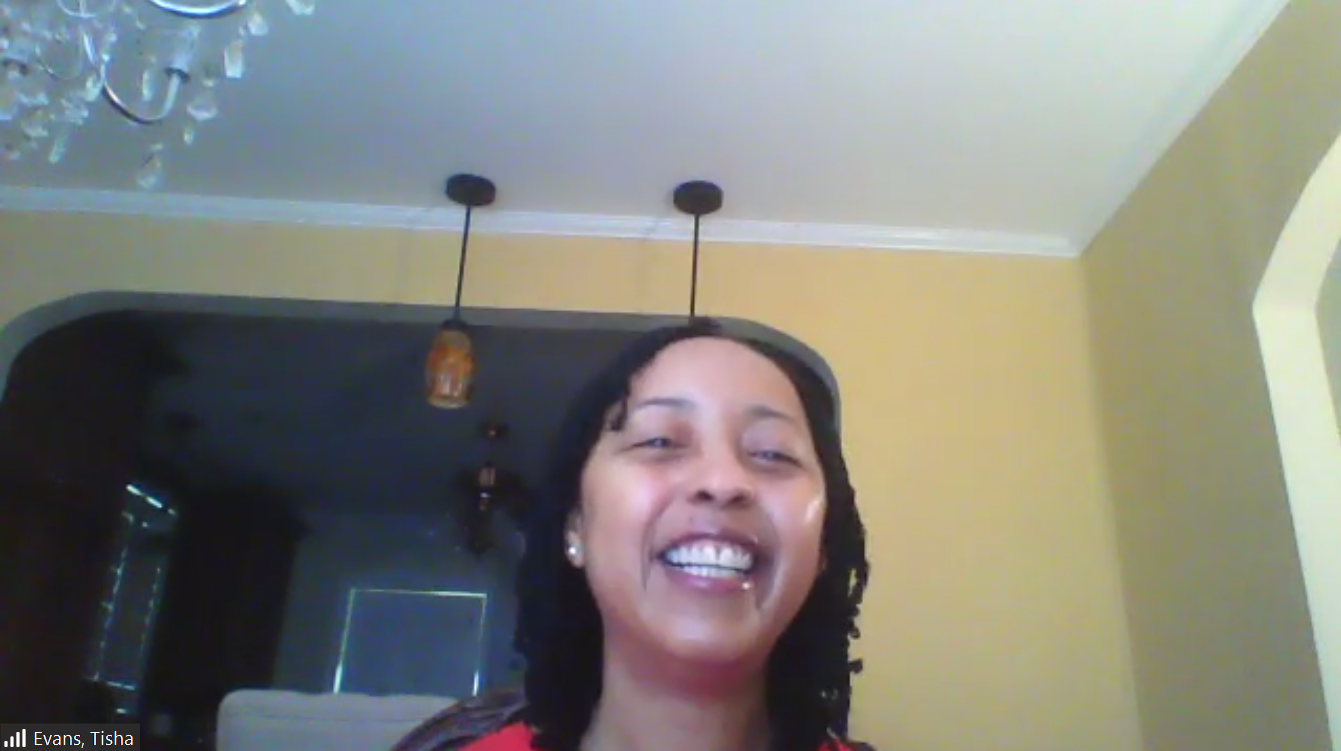
VCCS Teaches Students to Lead with Student Leadership Retreat
On April 16, the Virginia Community College System (VCCS) hosted a leadership retreat on Zoom. The retreat lasted from 10 a.m. to approximately 1:30 p.m. (with a few minutes of overtime from the final speaker). Students from all VCCS colleges were invited to attend the Zoom event through Cvent’s conference hosting tool CrowdCompass, which required students to sign up beforehand. Through CrowdCompass, students were able to choose which sessions they wanted to attend throughout the conference, leave reviews on different presentations, and read short bios on each speaker. With three keynote speakers and seven speakers overall, the event had several choices available depending on what information attendees were interested in.
The first keynote speaker, Tianna Soto, opened the retreat with her presentation titled “Stress, Success, & Duck Syndrome,” which put a focus on maintaining college students’ wellness. “The whole idea of Duck Syndrome is that you’re gliding smoothly along the surface, but beneath the water you’re paddling furiously to keep up,” said Soto. She shared some of her own struggles with Duck Syndrome from when she was a college student and talked about different ways to cope with school stress, even taking a minute to have the virtual attendees take some deep breaths with her to relax.
Soto also talked about some of the risk factors and deeper problems of Duck Syndrome, such as competitive environments, social pressures, and mental health issues like anxiety and depression. Soto was sure to stress that each and every student could (and should) overcome Duck Syndrome. She said, “It doesn’t matter if you’re in the corporate world, faculty or staff member, or if you’re a student, wellness is for you.”
Besides deep breathing, Soto recommended that college students practice mindfulness and self care, take the time to get up and dance to their favorite music, set both academic and personal boundaries, and connect with their friends and communities. She also said that students should not be afraid to seek professional help, despite the stigma that commonly surrounds it, as many students can genuinely benefit from the assistance of a professional during stressful times.
“College is a marathon, not a sprint … don’t be afraid to slow down,” said Soto. “Burnout is not a badge of honor, and ducks need their rest too.”
The second time slot of the session held multiple presentations in breakout rooms, one of which was the second keynote speaker, Tisha Evans. The presentation, titled “From Surviving to Thriving: Opportunities in times of Uncertainty,” was about students’ wellness and leadership skills, with a specific focus on pushing students out of the survival zone.
“I want to speak to the leader in each of us,” said Evans. “You don’t have to be the president of the student government, but as a person, you are a leader.”
Evans acknowledged that the pandemic complicates things for students trying to leave the survival zone. However, she encouraged students to keep pushing themselves forward. “During times of uncertainty, the more you move forward the more momentum you build,” she said. “I encourage you all to tap into the resources you have on campus. If you have success coaches, reach out to them.”
Overall, Evans wanted to inspire students to keep striving for success: “I want to push you towards that thriving zone. Embrace it, step into it … embrace someone else along with you.”
The final speaker, Darryl Bellamy Jr., also aimed to inspire students to overcome obstacles and become successful. Bellamy has collected over 52,000 students’ fears across the country, and uses his analysis of these fears to reassure students that they’re not alone.
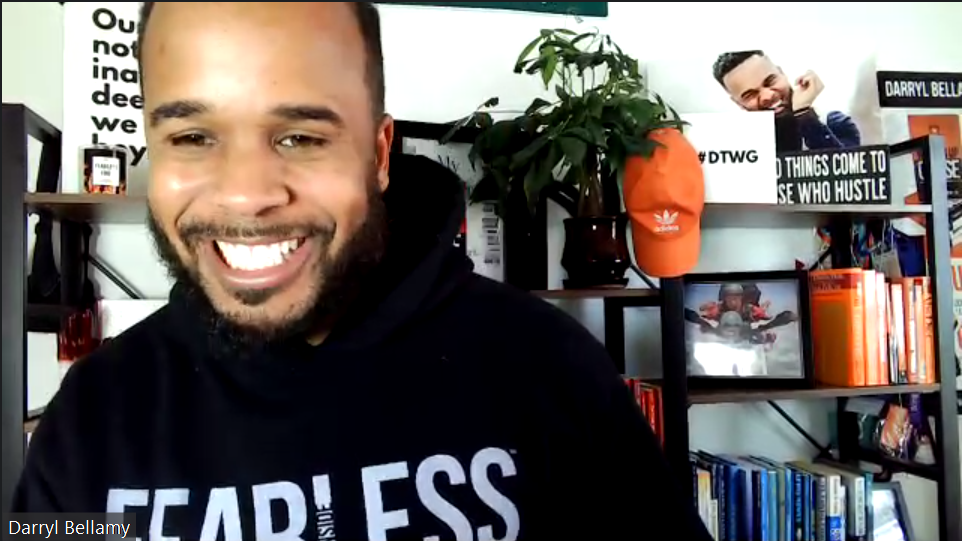
Screenshot taken by Ginger Hood
“You might be thinking, ‘am I the only one going through this?’ and I can assure you, you’re not … you are never, ever alone in your journey,” said Bellamy. Thousands of students had previously shared the same fears: failure, disappointing others, and not being enough, to name a few. Bellamy encouraged students to try to overcome these fears, saying, “The only thing worse than failure is regret.”
Elaborating on this mindset, Bellamy continued, “I don’t necessarily believe, as a person and as a leader, that you should be fearless all the time. A lot of times, the fear is a lightbulb … something that pushes you out of your comfort zone.”
Bellamy pointed out that as college students, many attendees had the advantage of being young and not well established. “Now is the time to make mistakes,” said Bellamy.
Though facing these fears can be hard, Bellamy asserted that being able to move past fear is a big factor in students’ success. He asked students to consider what fears they have that may be preventing them from achieving their goals.
Bellamy put it best with a question he asked towards the beginning of his speech, “What is the fear that’s stopping you from getting to the next level?”



